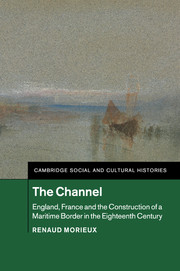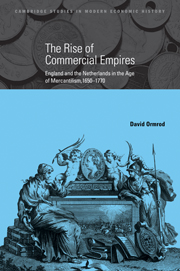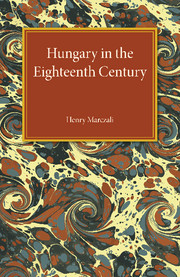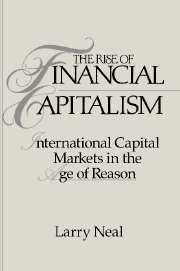The Channel
Rather than a natural frontier between natural enemies, this book approaches the English Channel as a shared space, which mediated the multiple relations between France and England in the long eighteenth century, in both a metaphorical and a material sense. Instead of arguing that Britain's insularity kept it spatially and intellectually segregated from the Continent, Renaud Morieux focuses on the Channel as a zone of contact. The 'narrow sea' was a shifting frontier between states and a space of exchange between populations. This richly textured history shows how the maritime border was imagined by cartographers and legal theorists, delimited by state administrators and transgressed by migrants. It approaches French and English fishermen, smugglers and merchants as transnational actors, whose everyday practices were entangled. The variation of scales of analysis enriches theoretical and empirical understandings of Anglo-French relations, and reassesses the question of Britain's deep historical connections with Europe.
- Oceanic history is a very dynamic field of research, but this is the first book to bring this approach to the history of the Channel
- Overturns the clichés about Anglo-French hostility in this period and presents a new model of European relations
- Offers an interdisciplinary approach that engages with other social sciences such as anthropology, geography and sociology
Reviews & endorsements
'Morieux offers a useful corrective to the new British history or 'archipelagic studies', whose challenge to Anglocentric history has a tendency to overlook Europe. It’s a cliché to say a book is timely, but in the midst of another debate on borders this book presents a bigger picture.' Willy Maley, Times Higher Education
'Morieux’s work here indicates in exemplary fashion how much more difficult to define was the political and juridical status of a murky, evershifting, and often downright dangerous stretch of water. Morieux repeatedly plays off the overlaps and tensions between the economic and political realms, noting further in the conclusion how merchants might balance natal allegiance with naturalization elsewhere.' David Andress, The American Historical Review
‘A rich and rewarding text, based on extensive research on both sides of la Manche, The Channel opens new perspectives on the sea as a connection, and the fluidity of maritime space.’ Andrew Lambert, International Journal of Maritime History
'… a powerful antidote and alternative perspective to those who see Anglo-French relations only through the prism of conflict. It is a profoundly optimistic view and in that, as much as in the subject it deals with, it is a timely and welcome intervention.' John McAleer, The English Historical Review
Product details
November 2017Paperback
9781108441841
417 pages
230 × 153 × 21 mm
0.6kg
16 b/w illus. 13 tables
Available
Table of Contents
- Introduction
- Part I. The Border Invented:
- 1. The impossibility of an island: before the Channel was a sea
- 2. When the sea had no name
- Part II. The Border Imposed:
- 3. Defending the military frontier
- 4. Who owns the Channel? The overlap of legal rights
- 5. The fight for natural resources
- Part III. Transgressing the Border:
- 6. The fisherman: 'friend of all nations'?
- 7. The game of identities: fraud and smuggling
- 8. Crossing the Channel
- Conclusion
- Bibliography
- Index.










.jpg)